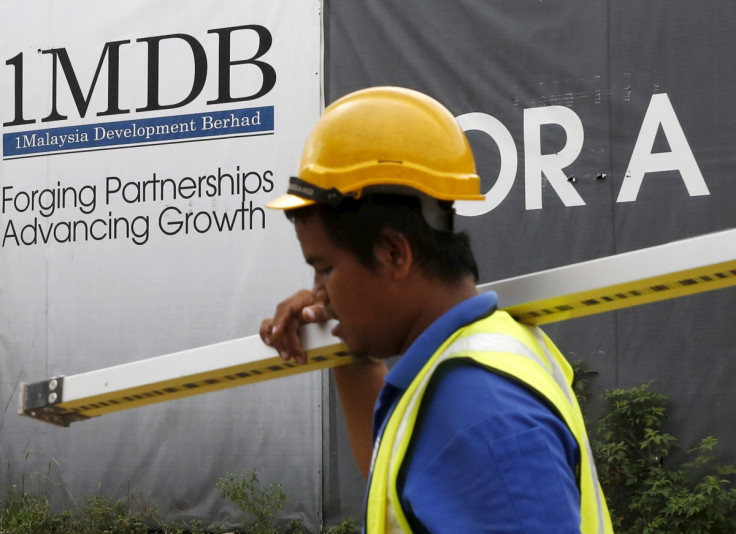English paper group editor quits blaming Malaysian government pressure to silence media coverage over 1MDB scandal
Mustapha Kamil of the New Straits Times has opened up as to why he handed in his resignation after more than 25 years at the publication.
Mustapha Kamil, who quit as the group editor of Malaysia's English language daily newspaper, the New Straits Times, has opened up as to why he handed in his resignation after more than 25 years at the publication. He blames government pressure on the coverage of the 1Malaysia Development Berhad scandal.
The senior journalist, according to the Wall Street Journal, has "taken a rare public stance" by blaming the "increasingly authoritarian stand by the government" towards the media as the reason why he quit in April 2016. The WSJ noted that Mustapha did not give reasons for his resignation but had last week posted the reasons on his Facebook page.
This is "an unusual act in the closed world of Malaysian state media," WSJ wrote. Malaysian Prime Minister Najib Razak's political party, the United Malay National Organisation — the major party in the ruling coalition government — controls the New Straits Times, as well as the Malay-language newspapers Berita Harian and Utusan Malaysia.
In an interview with WSJ, Mustapha claims that the government had banned the newspapers it controls from covering the 1MDB story. He said statements from 1MDB denying stories in the WSJ as well as press releases questioning the WSJ's sources would be sent to the New Straits Times from the Prime Minister's Office with orders to run the statements in their entirety.
Mustapha admitted that the New Straits Times "did as they were told", saying: "There are specific instructions to use this or that story, and we're not allowed to question," he said. "Before 1MDB, there was more freedom for us to do our job."
Najib's chairmanship of the fund's advisory board came under scrutiny amid allegations that funds from 1MDB had been diverted into his personal accounts via a web of complex bank transfers. The fund is now under investigation in several international jurisdictions over allegations of money-laundering and bribery although none of them involve the prime minister.

WSJ said both Najib and 1MDB did not respond to questions over whether there has been pressure put on media over the coverage of the state fund's scandal. The government had in the past, the newspaper said, justified curbing media freedom to report on 1MDB, citing the need to maintain public order.
1MDB has since been revamped with a new board of directors put in place. The fund's assets are in the process of being transferred to the Ministry of Finance, a portfolio handled by Najib as well. 1MDB will be eventually dissolved once all its debts are paid in full.
Mustapha acknowledged that the New Straits Times always faced some restrictions on free expression, but noted that these have widened considerably in the past year as Najib faced various allegations over 1MDB. "It was not this frequent and not this authoritarian," he said.
The group editor of UMNO control NST Mustapha Kamil has resigned after 27 years working as journalist and editor.His...
Posted by Vincent Seah on Saturday, June 4, 2016
In his Facebook page, Mustapha said that one of the reasons he decided to quit was after the WSJ was named as a finalist in its international reporting of the 1MDB by the Pulitzer Prize committee in April. "When an American newspaper ... wrote a story that got nominated for the coveted Pulitzer Prize, about an issue that happened right under my nose, I began to seriously search my conscience and asked myself why I was in journalist in the first place," he said.
© Copyright IBTimes 2025. All rights reserved.






















